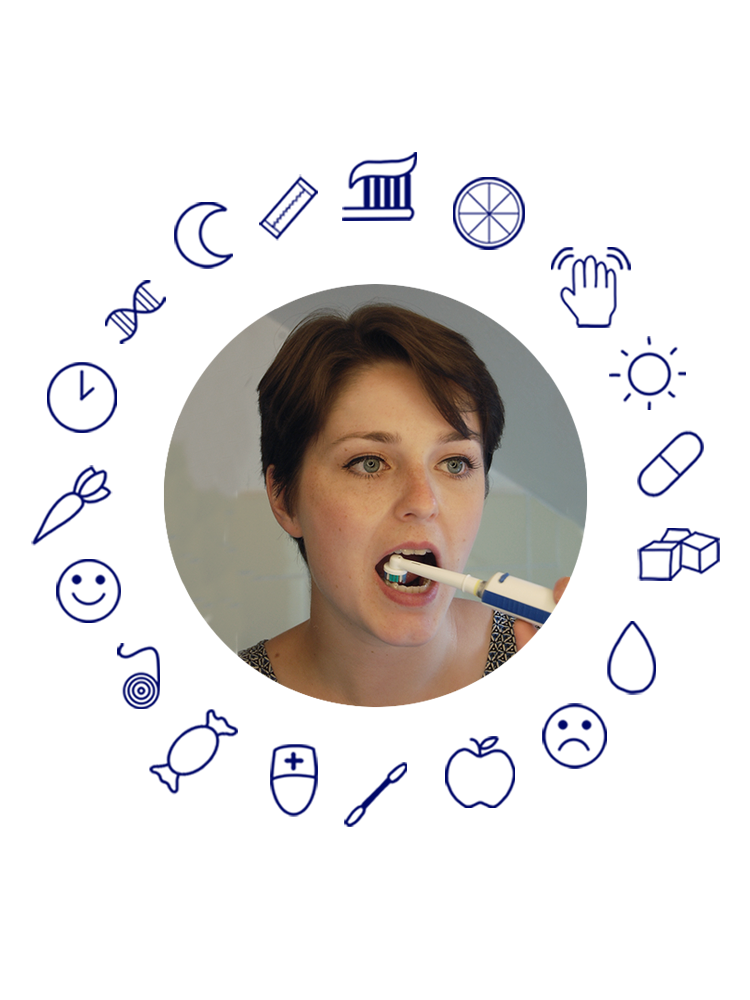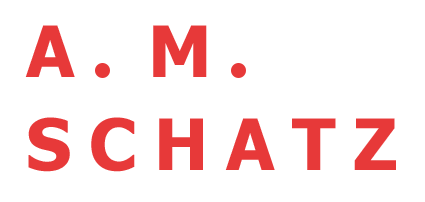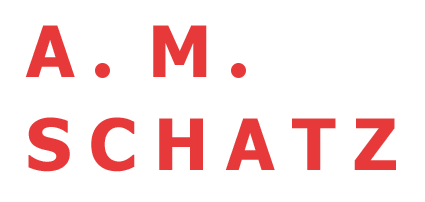What if you could predict your future health?
How would it be to have all information at the tip of your finger?
“About 16 sugar-free hours/day would give the saliva enough time to remineralize the teeth naturally. This would keep your teeth healthy permanently.”
Dr. med. Petra Siegl-Müller, Zahnzentrum Alsbach

Data Collection

Data Context

Information Visualization
Why Dental Health?
You may think there’d be more impactful parts to start with to improve your health. In fact, there isn’t – yet. Not only does dental health have an immense impact on our overall health, at this point in most other medical fields there isn’t enough knowledge gained to make certain statements to what data would be useful to improve the patients health on a long term. However, health related data is still useful for other fields – mainly for research purposes.
Researchers found that only about 55% of people brush their teeth more than once a day. The quality of brushing wasn’t considered at this point. Also our mindset – that brushing your teeth twice a day for two minutes would be enough – is wrong, since there are more factors that play a role here.
Did I mention the importance of a stable dental health? Having periodontitis can cause dangerous infections, since oral bacteria gets into the blood stream very, very easily and spreads allover the body.
“Dental health is one medical field where the future success is almost predictable based on the patient’s behaviour.”
Dr. med. Petra Siegl-Müller, Zahnzentrum Alsbach
Big Data can help us live a healthier life, yet it doesn't
Making Sense of Big Data
Every day about 2,5 trillion bytes of data are generated around the globe. Due to evolvement of technology and science, this data will become more and more readable. The proper use of this data in the health context gives the opportunity to make services more personalized and prevention become the focus.
‘Quantified Self’ gives an impression of how individual data is processed and visualized today. Data visualization as it is today, doesn’t lead to insights in most of the cases, which is why it is highly criticized by medical professionals today. In order to generate insights, health related data needs to be connected properly and be put into context. Only then its use is valuable for patients and medical care providers.
My Fascination
‘Big Data as User Experience’ is the title of my design diploma. The combination of subjects around health optimization and data use is not only what highly interests me. Looking back at the past decades and the rapid development of technology and growing need to live a healthy lifestyle is what drives our society.
In an intense process I looked deeper into the current state of data use and wanted to identify the most efficient health sector. I talked to several doctors from different medical fields and all expressed the high potential of using complex data sources. Their hope was not only to make it easier to consult their patients directly. At this state, the use of big data seems to be valuable to improve medical research methods and to gain greater insights over time.
Since technology and data science methods have been rapidly evolving, very soon data will play a more important role in the health sector.
Very quickly I understood that design plays an important role. Current tools that ‘quantify ourself’ – mostly used in the fitness sector – don’t present information properly, as they don’t follow the scientific principles of information presentation.
Data can only lead to valuable insights if the right data is combined, put into context and transformed into information which is understandable for the user.
In this project I explored the logic of dental health – the medical field which highly depends on the behaviour of the patient – and generated an information system which provides all information that is needed to make the right preventive decisions and that is proven my dental specialists.
My Roles in this Project: 100%
Planning // Research // Analysis // Concept // Visual Design

